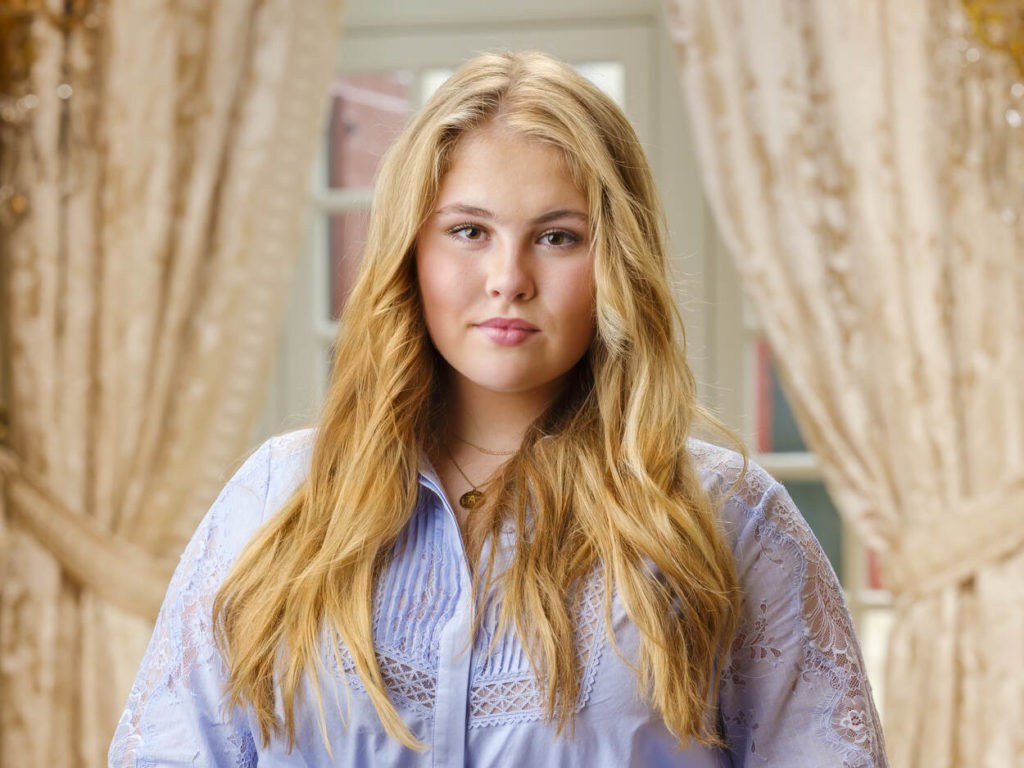The Netherlands' Crown Princess Amalia can marry a woman if she wishes without losing her right to the throne, Dutch Prime Minister Mark Rutte told MPs on Tuesday.
Rutte clarified this when answering questions about possible problems with succession, as recent questions about this subject had arisen following the publication of the book "Amalia, de plicht roept" (translated as "Amalia, duty calls") by author Peter Rehwinkel.
In his book, Rehwinkel quoted a statement made in 2001 (when the Netherlands legalised same-sex marriage) by then-State Secretary for Justice, Job Cohen: if an heir to the throne marries someone of the same sex, "the essence of hereditary kingship is put at risk, since it is certain in advance that no children can be born of such a marriage."
Now, however, many Dutch people reacted to the book, saying that they found this rule outdated, report local media.
Rutte stated that for his Government, the heir could also marry someone of the same sex, which would then not have to lead to the abdication of the throne.
For clarity, this does not concern Amalia in particular; the Government's position applies to every successor to the throne, male or female.
Should this situation arise with an heir to the throne, it will be up to a future Government and Parliament to consider, in due course, the "descendant status" of children born during a same-sex marriage.
Rutte also stated that it is "not appropriate to get ahead of such a weighing of the succession now," because facts and circumstances of such a specific case "may also change over time."
Asking for permission
In the Netherlands, if a member of the Royal Family wishes to marry, the Government must request permission for the marriage to take place from the States-General through a draft law.
If such a draft law is not submitted, the couple or any of their children born of this marriage will automatically lose the right of succession.
If these children are born thanks to donors, Rutte said this raises questions about "the parentage law that will then apply," and added that it is "inevitable" that modern family law "fundamentally entails a tension with the closed system of succession in the Constitution."
While he said that "heredity may be a relic, and an undemocratic one, it does provide objective and unambiguous grounds" for who gets the throne, report Dutch media.

